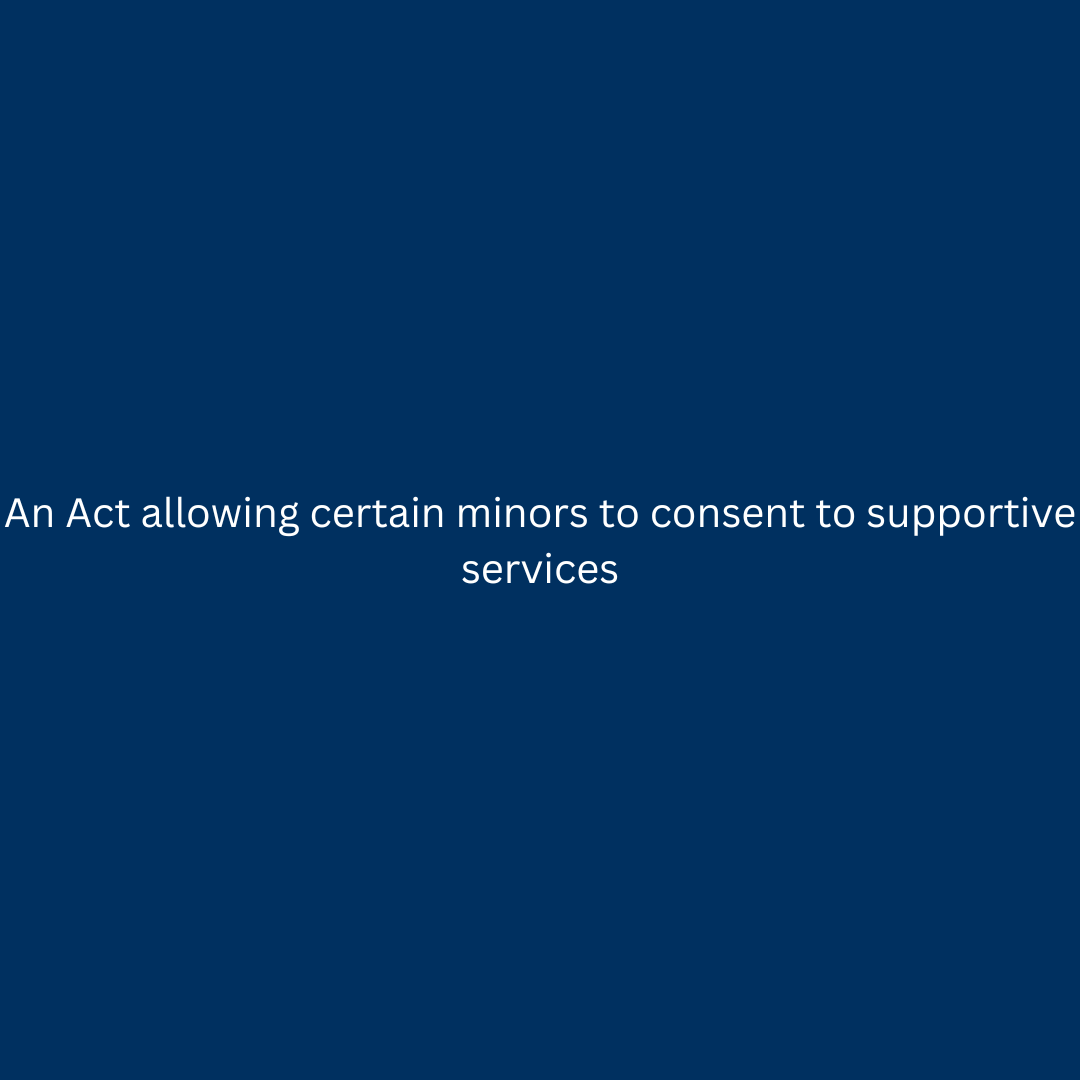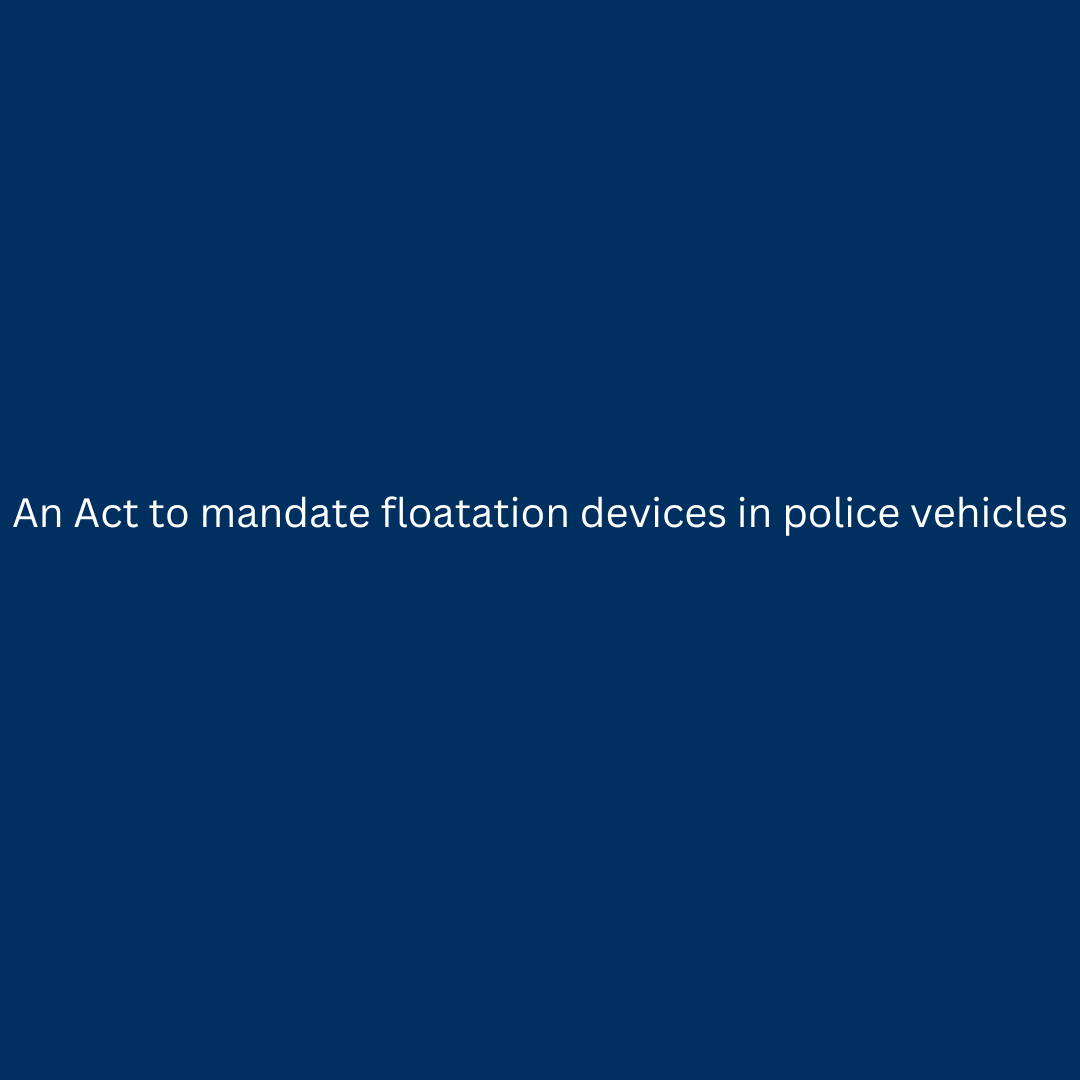
Public Safety

-

This legislative bill seeks to combat discrimination against individuals experiencing homelessness by establishing a comprehensive set of rights and protections. It involves the repeal of Section 17A of Chapter 85 and the introduction of Section 1D to Chapter 214, which ensures that individuals experiencing homelessness have the right to be free from discrimination based on their housing status. The bill defines key terms related to homelessness and clearly articulates the rights of these individuals to access public spaces, receive equal treatment by state and municipal agencies, uphold privacy over personal property, avoid harassment, and access medical care and voting rights without discrimination. Additionally, it provides an affirmative defense in civil or criminal claims related to the use of public spaces and assigns enforcement jurisdiction to the superior court, which can award damages for any rights violations. Furthermore, the bill amends various sections of Chapter 151B to include "housing status" as a protected characteristic, thus prohibiting employment discrimination based on this status. It also repeals Sections 63 through 69 of Chapter 272 and certain provisions in Section 122 of Chapter 5 of the Acts of 1995. Collectively, these amendments aim to ensure that individuals experiencing homelessness in Massachusetts are afforded equal rights in public spaces, employment, and voter registration, thereby reinforcing their legal protections and access to public life.
-

This bill proposes new legal measures to support mature minors who are experiencing or are at risk of experiencing homelessness. It defines a "mature minor" as an individual who is at least 15 years old, not under the physical custody of a parent or guardian, lacks stable housing, or is at significant risk of homelessness, and is capable of making informed decisions. Under the bill, mature minors can independently consent to receive various supportive services. These services focus on achieving stable housing, building permanent connections, enhancing financial stability, and improving educational, employment, social, and emotional well-being. Additionally, the bill allows mature minors who are parents to consent to similar services for themselves and their children. Service providers, funded through the Executive Office of Health and Human Services’ Homeless Youth Services Division, can offer assistance upon obtaining informed and written consent from the mature minor. This consent must verify the individual’s age, guardianship status, and living conditions. The bill restricts services for those providing false information or failing to meet eligibility criteria. Providers adhering to these stipulations are shielded from civil or criminal liability, barring incidents of gross negligence or willful misconduct. Lastly, the Office of Children, Youth, and Families is responsible for formulating regulations to enforce these provisions effectively.
-

This bill proposes the creation of the Massachusetts Against Discrimination Fund within the state's financial system. The fund aims to bolster the efforts of the commission against discrimination, focusing on areas such as investigating, prosecuting, and adjudicating unlawful discrimination claims, as well as providing training to public and private entities to prevent and handle discrimination incidents. The fund will be financially supported through voluntary contributions, which taxpayers can make via a check-off option on their state income tax return, along with gifts, grants, and donations. The fund is structured to remain separate and exempt from indirect costs, with provisions allowing for any leftover funds to be carried over for future use. Moreover, the bill establishes a mechanism in the state tax system whereby taxpayers can voluntarily allocate part or all of their tax refunds, or add an amount to their tax payments, to support the Massachusetts Against Discrimination Fund. This option is made available during the tax filing process, and the commissioner is tasked with informing taxpayers about this contribution opportunity. Contributions collected through this system will be reported annually to the state treasurer and credited to the fund to assist in achieving its objectives.
-

This bill introduces regulations concerning off-road vehicles and the sale of motor fuel, adding a specific definition for "off-road vehicles" to Chapter 94, Section 295A. This category includes motor vehicles such as all-terrain vehicles, off-highway motorcycles, dirt bikes, and utility terrain vehicles, which are intended for recreational use on unimproved terrains and are not authorized for use on public roads. The bill also prohibits retail dealers from selling or directly dispensing motor fuel into these off-road vehicles, including through self-service customer-operated pumps. Additionally, the bill amends Chapter 90B, Section 26C, subsection (d), to include "destruction of the property" as a factor in enforcing legal prohibitions related to activities involving off-road vehicles.
-

This bill requires all local and state police officers in Massachusetts to have flotation devices in their duty vehicles that are suitable for water rescues. It also mandates water rescue training for officers, focusing on the correct and safe use of these flotation devices. To ensure effective enforcement, the bill empowers the municipal police training committee to develop necessary regulations for implementing these provisions.
